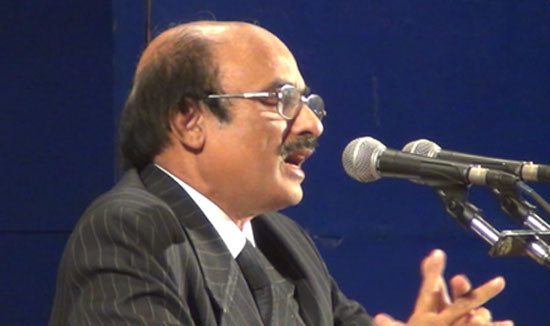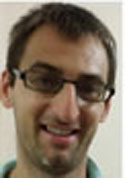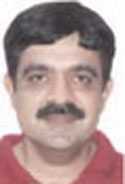Most Ulema Are Reactionary,
but We Need To Reach Out To Them and Explain the Urgent Need for Their
Role to Be Progressive: Peace Activist and Writer Dr Javed Jamil
By Mushtaq Sikander, New Age Islam
27 February, 2014

A Talk with PEACE activist and writer Dr Javed Jamil
Islamic Scholar and
Director PEACE and Executive Chairman, International Centre for Applied
Islamics as well as Editor monthly Islam, Muslims and the World, Dr
Javed Jamil in a conversation with Mushtaq Ul Haq Ahmad Sikander, about
his early life, writing, Economic Fundamentalism, Science, Islam,
Communalism and various social issues
Tell us something about yourself?
I studied medicine at
the Lucknow Medical College. I am a physician specialist and practiced
medicine for thirty years before devoting my complete time and energy to
Islamic scholarship and the cause of humanity.
As you stated that you were trained professionally as a Doctor, so when did you switch over to Islamic Scholarship?
I was involved with
the Islamic scholarship from the very beginning. In the school I was
trained in the Hindi background rather than in Urdu or English that I
mastered later on. My letter to the Editor was published in the reputed
Indian Express when I was still studying in school. I then started
writing articles in various journals like Impact, Radiance etc. Even
some of my articles were published outside India in the Arab world.
What were the reasons that compelled you to write?




